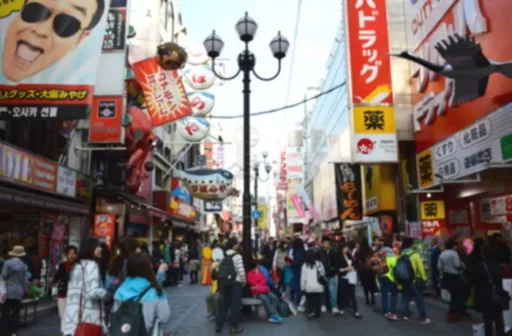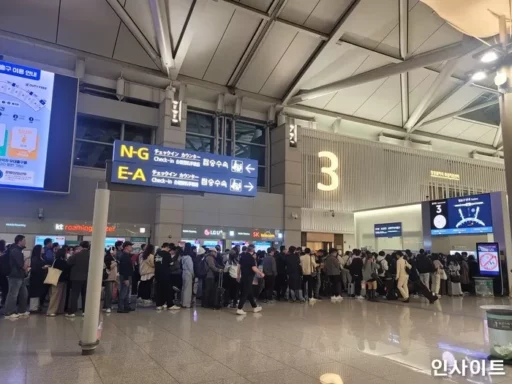Summer Vacation Season: Decrease in Tourists to Jeju Island and Increase in Travel to Japan
As the summer vacation season officially begins, there is a noticeable change in the travel patterns of tourists considering domestic and international destinations.
Recently, despite the rapid spread of rumors regarding the "Japan earthquake theory," the number of South Korean tourists heading to Japan has actually increased, while the number of tourists visiting Jeju Island, which has earned a reputation as a "rip-off destination," has decreased, showcasing a contrasting trend.

According to data released by the Jeju Tourism Association on the 19th, the number of tourists who visited Jeju as of the 17th was recorded at 6,987,763. This figure represents a 6.1% decrease compared to the same period last year (7,444,524).
While it is on the verge of surpassing 7 million, this year’s timeline is about two weeks delayed compared to last year. In particular, domestic tourists numbered 5,822,304, marking a 9.3% decrease from the previous year, while foreign tourists increased by 14.2% to 1,155,459.
The Decrease in Tourists to Jeju Island and the Rip-Off Controversy
The decline in domestic tourists to Jeju Island is attributed to the perception that the cost-performance ratio is declining due to high prices that have persisted since last year, leading South Koreans to shy away from visiting.

In fact, various "rip-off controversies" continue to arise in Jeju. During the Jeju Cherry Blossom Festival, a dish of stir-fried sundae containing six pieces was sold for 25,000 KRW, causing controversy, prompting Jeju to belatedly implement measures such as attaching photos to the menu.
Additionally, reports emerged that a patron received a plate of pork belly that was excessively fatty after ordering, and allegations surfaced that a complete meal of grilled mackerel cost 160,000 KRW, with prices for drinks and desserts nearing 100,000 KRW trending on social networks.

In contrast, interest in traveling to Japan is on the rise. According to data from the global travel platform Trip.com, the number of travelers from Korea heading to Japan from July 1 to 10, a period that includes the predicted date of the earthquake theory, increased by 30% compared to the same period last year.
Overall demand from early June, when the rumors began to spread, to July 10 showed an 18% increase compared to the same period last year.
Image Sources: Reference photos for the article / gettyimagesbank, stir-fried sundae with six pieces for 25,000 KRW / online community, photo = Insight


